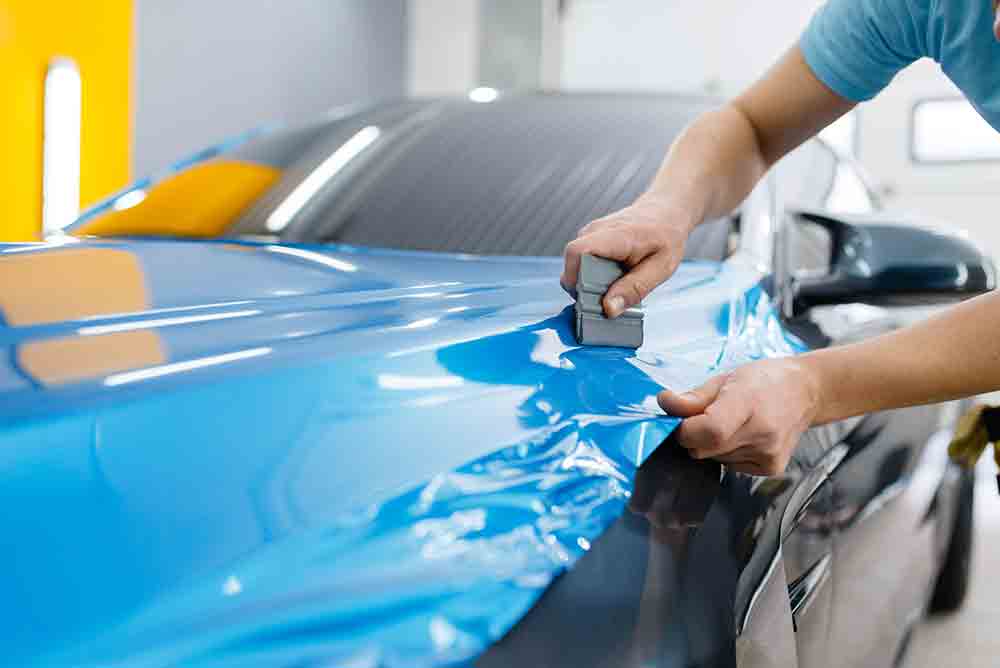How to avoid getting wrapped up in a car wrap scam

By Ari Lazarus
FTC Consumer Education Specialist
You’re looking to make some extra money and you get a text or email or see an ad on social media: Get paid to wrap your car and drive around.
The offers can sound good: $600-700 a week to drive around with an ad for some well-known company — usually an energy drink.
Many times, these offers are scams; here’s how to spot them.
Often these scammers target college students looking for a way to make a few extra bucks, but these scammers are not picky. No matter who you are or how a scammer reaches out to you, this scam tends to play out the same way: If you respond to the text, email or ad, the scammer will send you a check to deposit.
They’ll say to use some of that money to pay the “installer” who’ll wrap your car with the ad, and the scammer will also tell you how to pay the “installer,” either by money order, with a payment app, with cryptocurrency, or by wiring the money — all ways that let them get the money quickly.
So what’s really going on? This is a scam, start to finish.
The check you just deposited was fake, which means the money you sent is coming out of your own pocket. When you deposit a check, it might clear because banks are required to make funds available within a few days. However, it can take weeks for a bank to figure out that a check is fake.
When they do, they’ll reverse the transaction and you’ll be stuck repaying the money to the bank while the scammer has the money you sent them.
Did you spot a scam like this? Tell the FTC at ReportFraud.ftc.gov.
You are a guest
or post as a guest
Be the first to comment.

